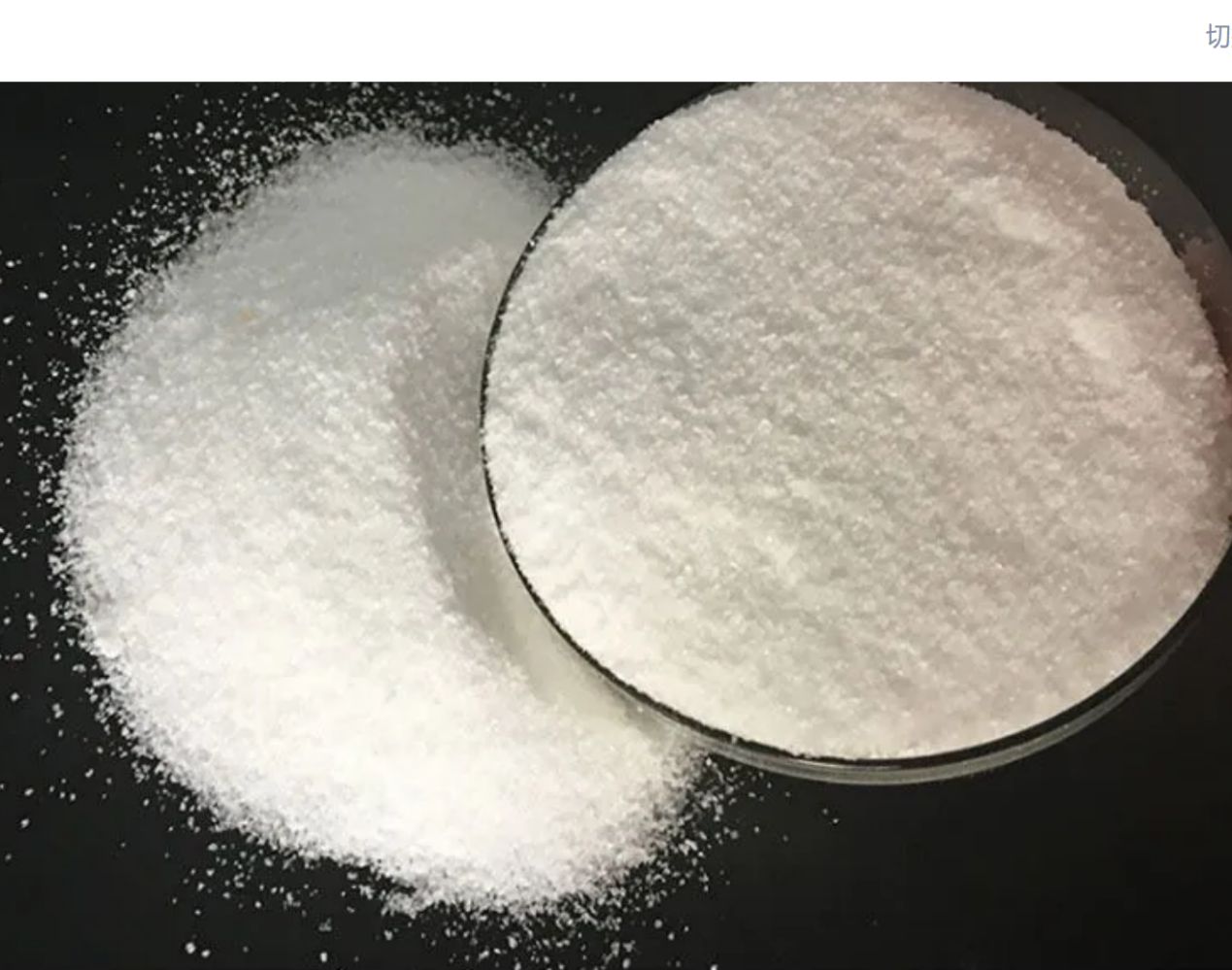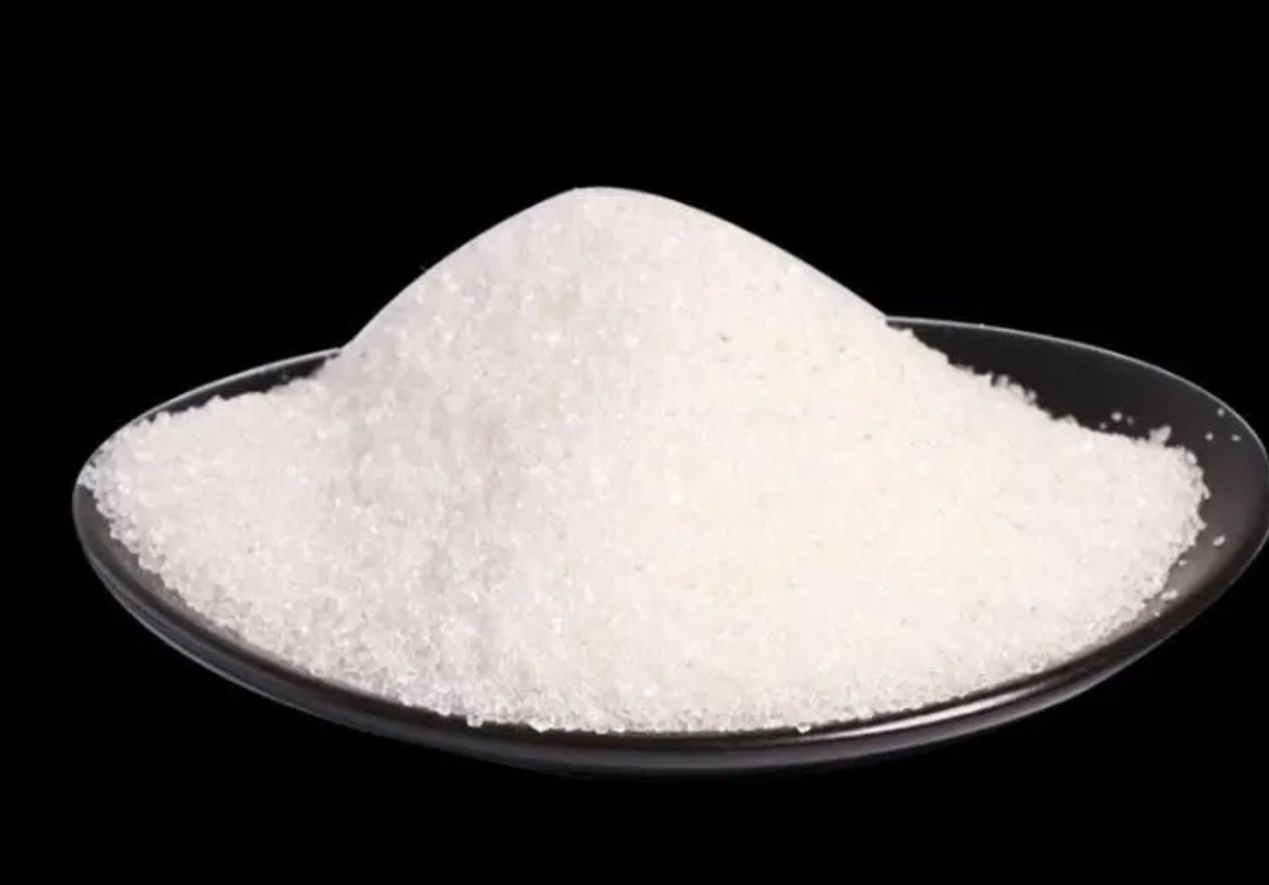How to test the viscosity of hydroxypropyl methylcellulose?
How to test the viscosity of hydroxypropyl methylcellulose?
Hydroxypropyl methylcellulose for construction needs to avoid the infiltration of water into the wall, and the retention of an appropriate amount of water in the mortar can make the cement fully produce good performance for water and water. Hydroxypropyl methylcellulose the viscosity of cellulose in mortar is directly proportional, the higher the viscosity, the better the water retention of hydroxypropyl methylcellulose.
Once the moisture content of hydroxypropyl methylcellulose is too high, the water retention of hydroxypropyl methylcellulose will decrease, which will directly lead to the decrease of the construction efficiency of hydroxypropyl methylcellulose. We are also familiar with things that are easier to make mistakes. We should always keep it fresh and we will receive unexpected results.
Apparent viscosity is an important indicator of hydroxypropyl methylcellulose. The usual determination methods are rotational viscometry, capillary viscometry and falling autumn viscometry.
In the past, the determination method of hydroxypropyl methylcellulose was capillary viscometry, using an ubbelohde viscometer. Usual the determination solution is an aqueous solution of 2, and the formula is: V=Kdt. V represents the viscosity, the unit is, K is the constant of the viscometer, d represents the density at constant temperature, t refers to the time from top to bottom through the viscometer, the unit is second s. This method is relatively cumbersome to operate, and if there are insoluble substances, it is easy to cause errors, and it is difficult to identify the quality of hydroxypropyl methylcellulose.
The problem of delamination of construction glue is a big problem encountered by customers. First of all, the problem of raw materials should be considered in the delamination of construction glue. The main reason for delamination of construction glue is polyvinyl alcohol (PVA) and hydroxypropyl methylcellulose (HPMC). caused by incompatibility. Secondly, it is because the stirring time is not enough; there is also the fact that the thickening performance of the construction glue is not good.
In construction glue, instant hydroxypropyl methylcellulose (HPMC) must be used, because hydroxypropyl methylcellulose (HPMC) is only dispersed in water without real dissolution. About 2 minutes, the viscosity of the liquid gradually increases, forming a transparent viscous colloid.
Hot-melt products, when met with cold water, can disperse quickly in hot water and disappear in hot water. When the temperature drops to a certain temperature, the viscosity will slowly appear until it forms a transparent viscous colloid. The recommended amount of hydroxypropyl methylcellulose (HPMC) added to construction glue is 2-4kg.
Hydroxypropyl methylcellulose (HPMC) has stable chemical properties, mildew resistance, and good water retention in construction glue, and is not affected by changes in pH value. It can be used with a viscosity ranging from 100,000 S to 200,000 S. But in production, the higher the viscosity, the better. The viscosity is inversely proportional to the bond strength. The higher the viscosity, the smaller the strength. Generally, the viscosity of 100,000 S is suitable.

